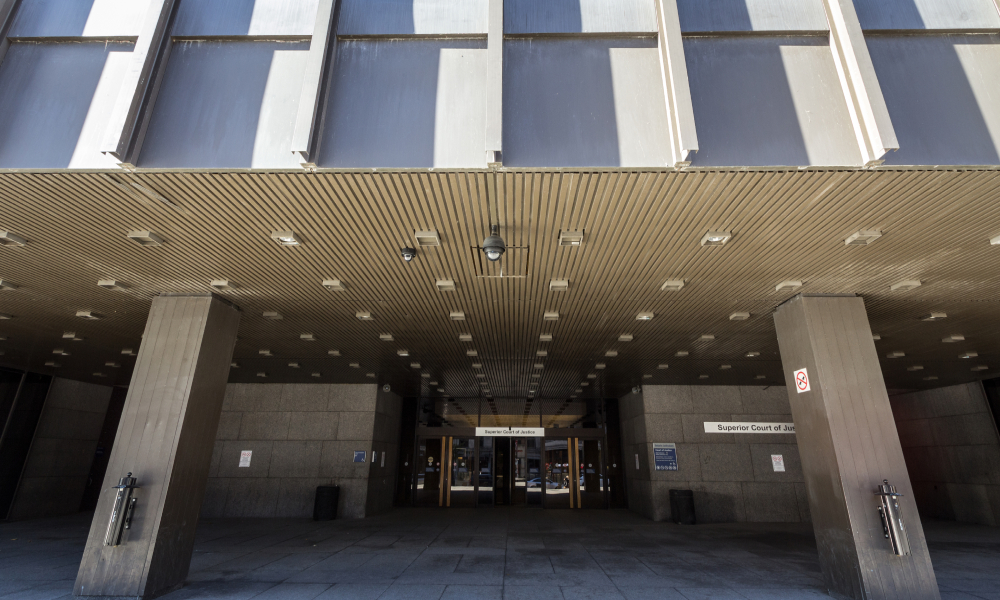Onset of symptoms should commence the prescription period, rather than the final diagnosis: court

In a recent case, the Superior Court of Quebec declined to authorize a class action for laser vision correction surgery at Lasik M.D. Inc, ruling that the cause of action of the proposed representative plaintiff was prescribed. The court found that the onset of symptoms should commence the prescription period, rather than the final diagnosis.
In Ouellet c. Lasik M.D. inc., 2020 QCCS 3863, the petitioner sought authorization from the Quebec Superior Court to institute a national class action in which he would represent individuals who have developed corneal neuralgia, otherwise known as chronic postoperative pain, following the surgery.
The petitioner contended that he could not give informed consent to the surgery because defendant Lasik failed to disclose the risk of corneal neuralgia and because there was no discussion of the consent form with the defendant doctor.
The Quebec Superior Court decided not to authorize the class action against the defendants, firstly because the petitioner’s cause of action was prescribed, given that he failed to file a case within the applicable three-year period. Under art. 2926 of the Civil Code of Québec, CQLR c CCQ-1991, the reckoning period runs from the day when the injury appears for the first time, which courts have interpreted to mean the day when the damage is appreciably present.
The court considered what “corneal neuralgia” really entailed and found that the condition was rooted in the underlying issue of post-surgical chronic pain. Here, the evidence showed that the petitioner experienced significant corneal pain at least since December 2015.
The court disagreed with the petitioner’s submission that prescription should run from Nov. 2. 2016, which was the date when he received the diagnosis of corneal neuralgia. The court stated that this was because this could potentially give rise to a situation where the plaintiff would delay instituting an action.
“It is the appreciable appearance of the material symptoms that lead to the need to seek out a new diagnosis and potentially remedial measures that is determinative of the start of the prescription period,” wrote Justice Thomas Davis for the Quebec Superior Court.
The court then stated that there was no common question that would be the appropriate subject of a class action because the circumstances of this case were so specific to the petitioner, such that a class action would not be the proper procedural vehicle. The court also found that the petitioner’s demand for a class action which was national in scope could not be supported, and that the petitioner failed to meet the burden to demonstrate the existence of a viable class.
The court then said that the petitioner may have sufficient factual allegations in terms of his personal cause of action, though some issues may arise regarding whether he took the time to read the consent form or to ask the doctor questions about it, as urged by the information booklet. The petitioner might have been an adequate class representative except for the fact that his personal action was prescribed, the court also said.










